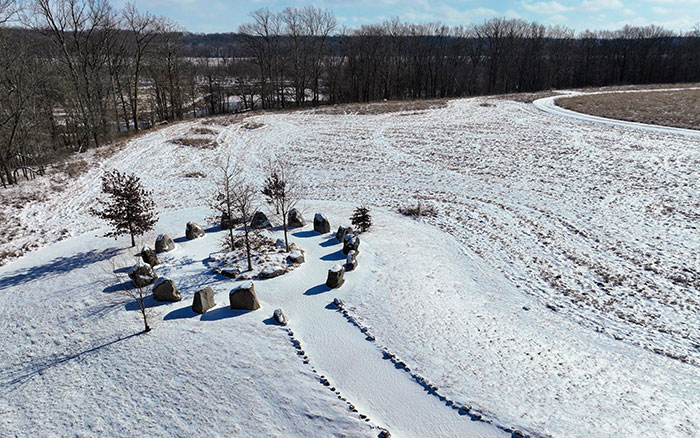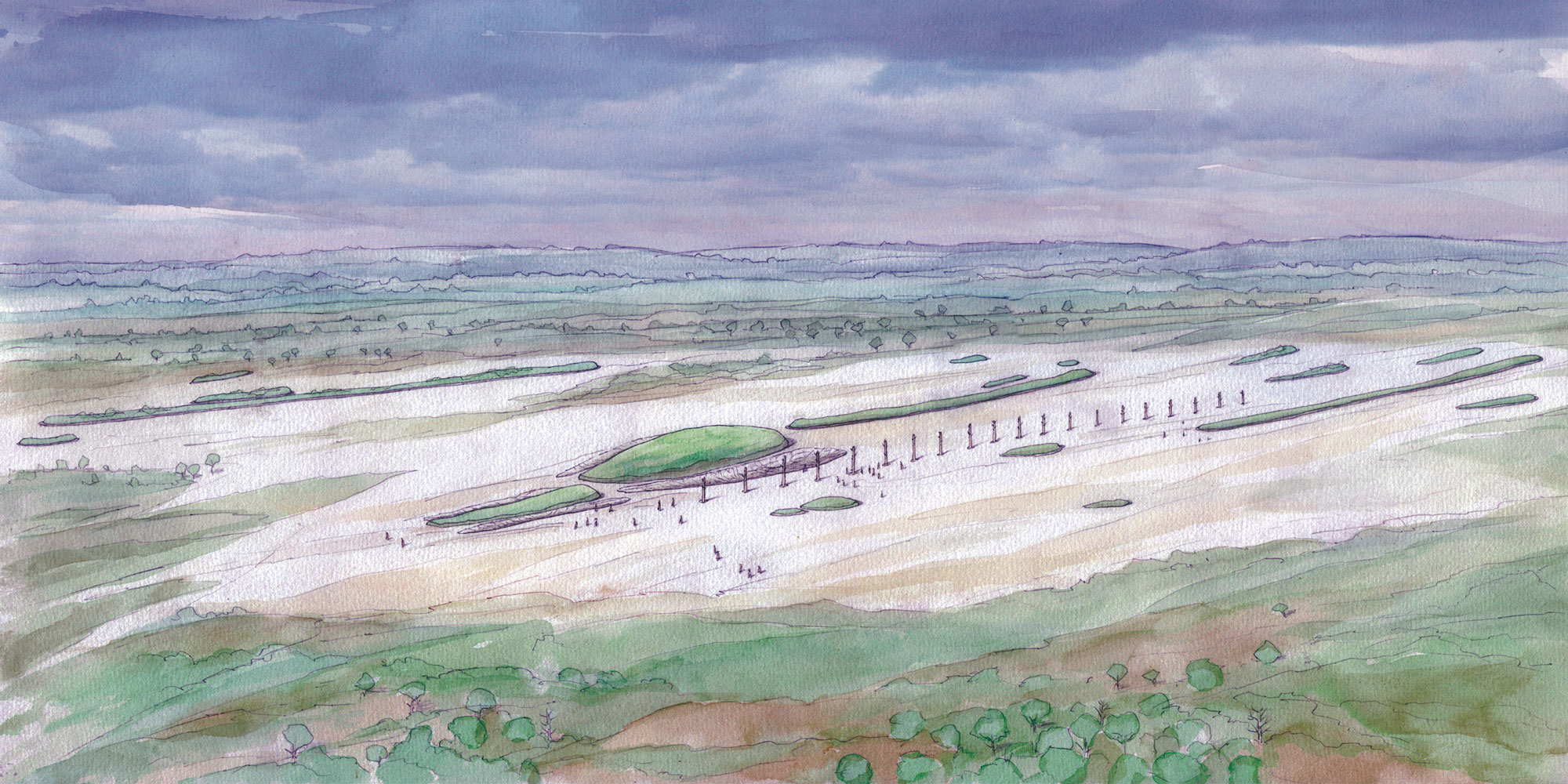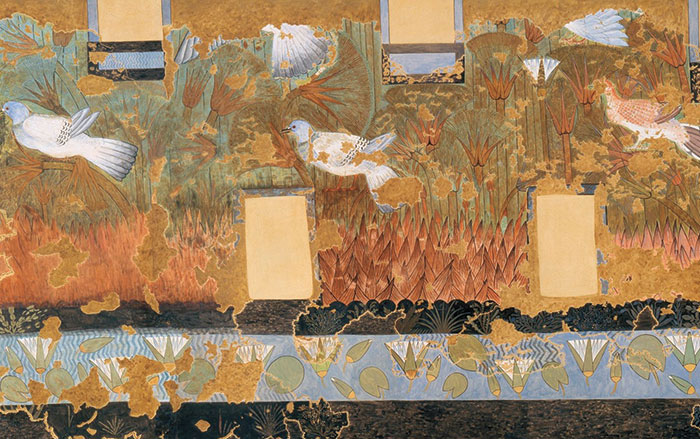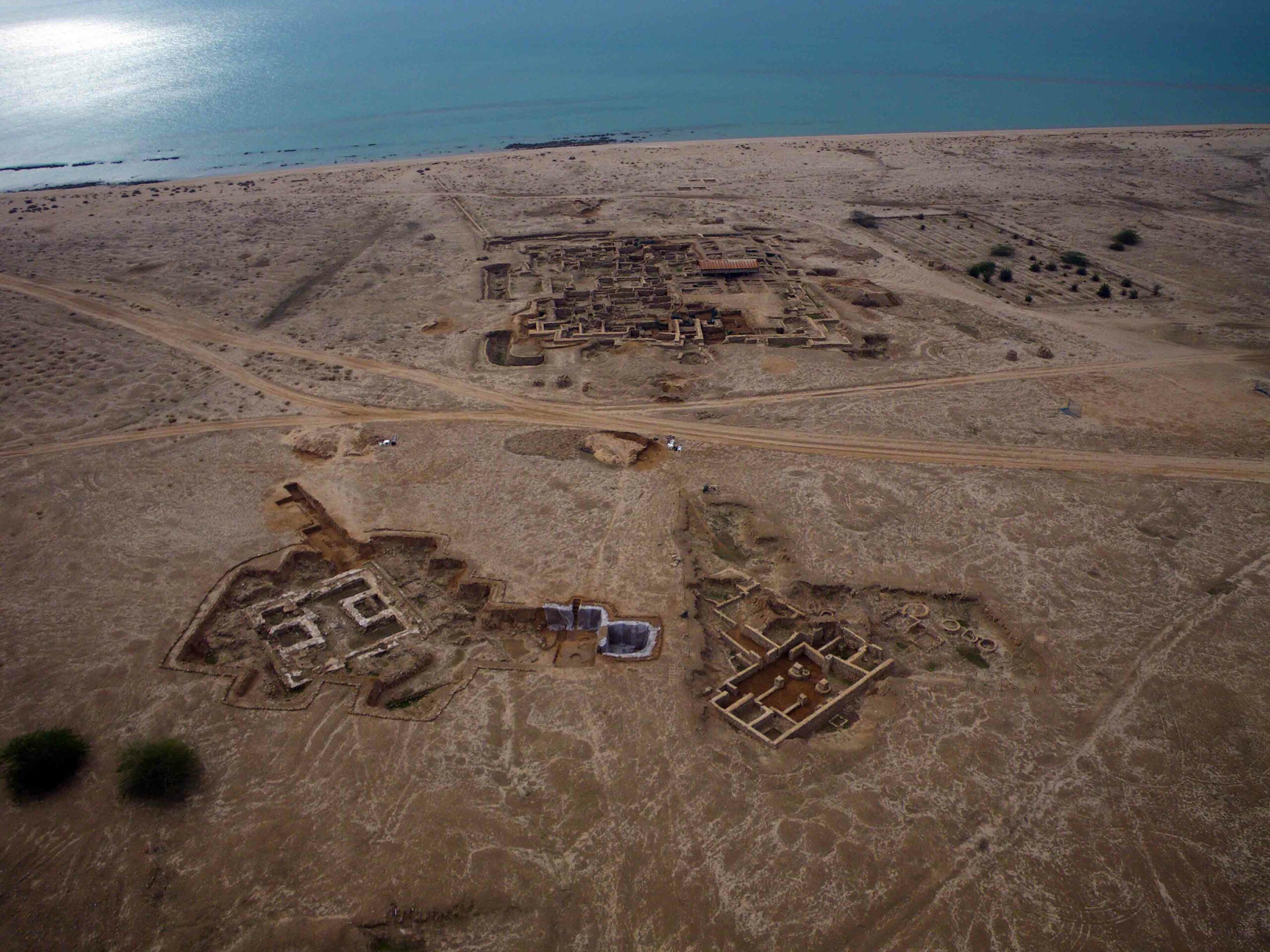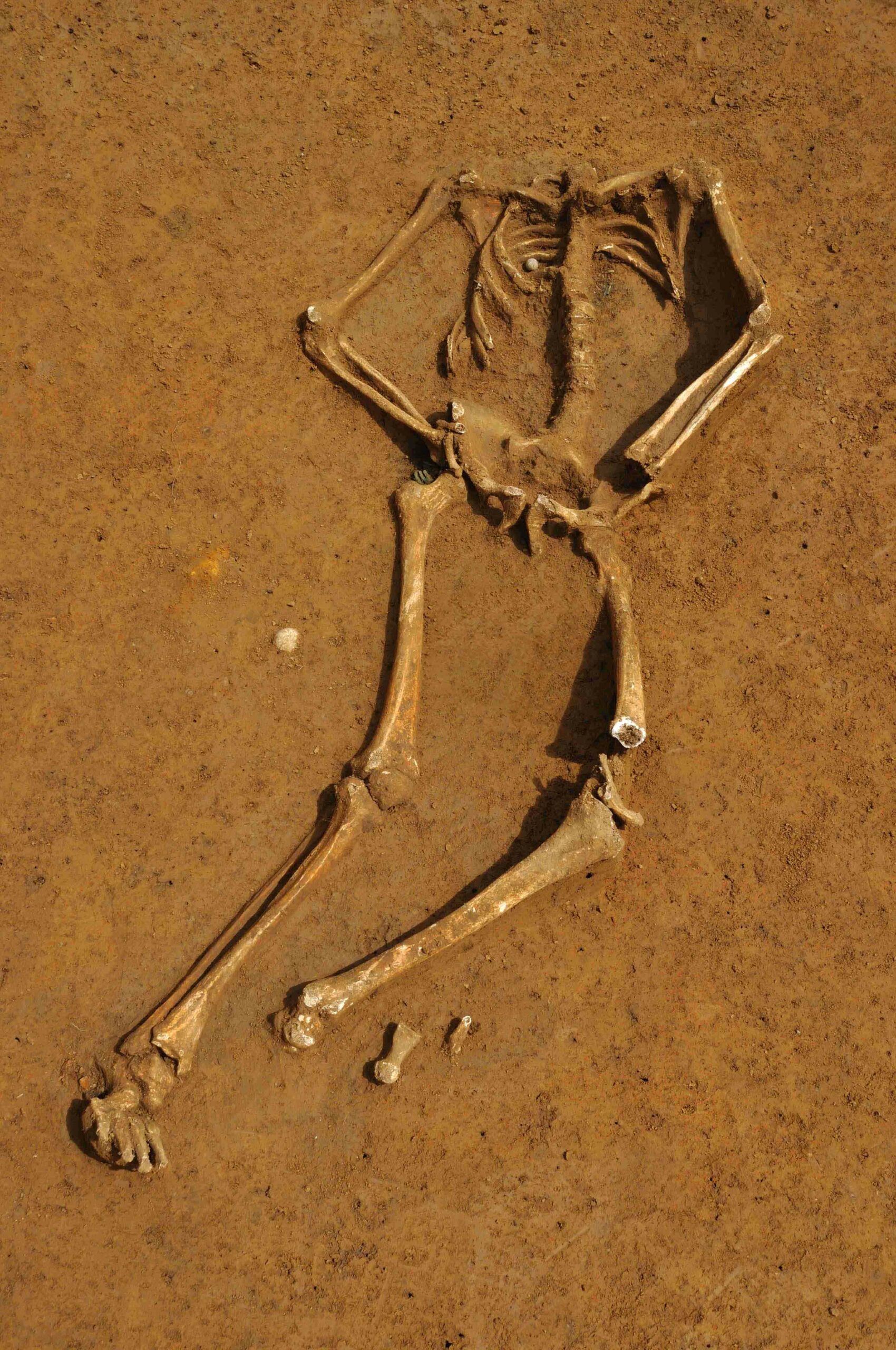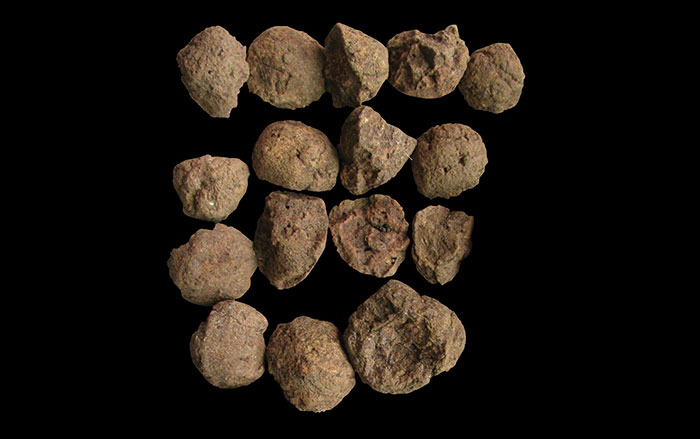
OAXACA, MEXICO—A walled temple complex consisting of a main temple flanked by two smaller buildings and two possible residences for priests has been uncovered at the Zapotec site of El Palenque. Shell, mica, and alabaster ornaments; incense braziers; obsidian blades and lances; and ceramic vessels were uncovered in a room of the main temple building, which dates to 300 B.C. Archaeologists think this room may have been used for ritual bloodletting and animal sacrifice, and possibly even human sacrifice, since a human tooth and possible human limb bone were also found. A large kitchen area in this building suggests than many people could be fed at once, including the priests, whose residences contained serving plates but no cooking utensils. The complex was burned and no longer used sometime between the first century B.C. and the first century A.D.


